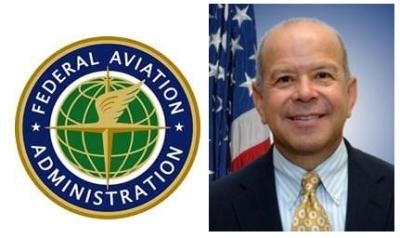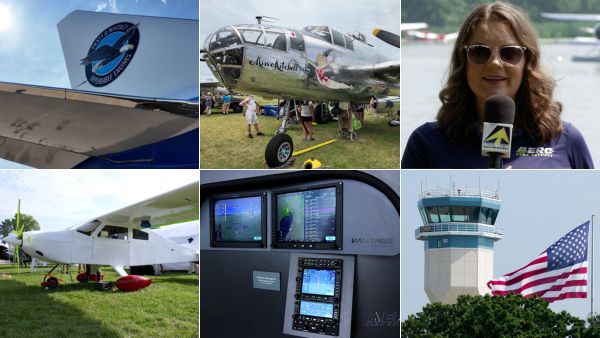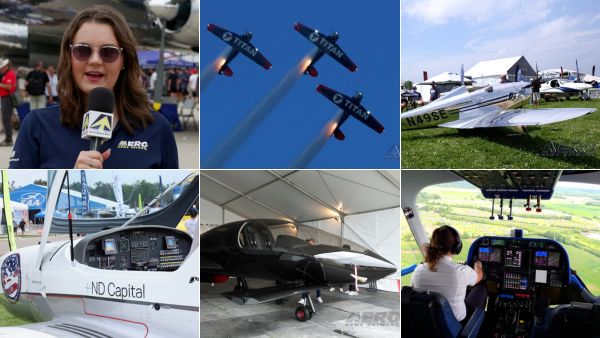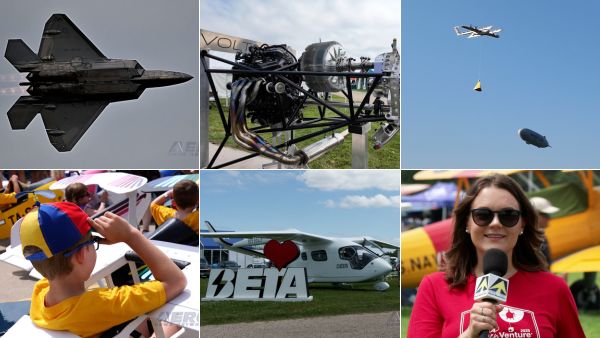Says New Rules In Development Are Should Help Prevent An AF447-Type Accident
Acting FAA administrator Michael Huerta was the keynote speaker for the ALPA conference Thursday, and he used the occasion to address ongoing safety and training concerns for airline pilots. "We are all here because we believe that training is fundamental to performing our jobs in a safe and professional way," he told the attendees.

Huerta said that it is the job of both airlines and individual pilots to combat fatigue in the cockpit. "Every pilot has a personal responsibility to arrive at work fit for duty," he said. "The new rule gives pilots enough time to get the rest they need.
"And the rule is flexible. It accounts for differences in fatigue based on different types of operations – long haul, or short haul, day or night. It is not one size fits all solution.
"The rule addresses cumulative fatigue and how flight schedules affect the body’s 24-hour clock. In issuing these regulations, the FAA chose to cover all passenger operations, but removed all-cargo operations from application of the regulations. This is because the compliance costs would have been too great, compared to the benefits gained in this portion of the industry."
Huerta said that while cargo carriers are not currently covered by the fatigue rules, those companies are welcome to adopt them if they think they are necessary. "Secretary Ray LaHood and I use every opportunity we can to encourage this option with the all-cargo carriers. I also recognize that some cargo operators are already improving rest facilities for pilots.
"As you know, we are revisiting the cargo cost-benefit analysis, due to some inadvertent errors. An outside group is currently reviewing this, and then we expect to reissue the cargo analysis for public comment."
Huerta also said that the traveling public also expects that pilots to have the latest and best training. "You are all aware of the great deal of time and effort the FAA has spent on rulemaking to enhance safety, including pilot training.
"I appreciate that in every step of this process, ALPA has lent its expertise and assistance for these important efforts. ALPA members have served on at least five different Aviation Rulemaking Committees – ARCs–and the FAA has taken the reports from those ARCs to inform our work. We have reviewed the recommendations and have used them to propose changes to multiple regulations.
"In the case of the pilot training rule, which includes stall and stick pusher training, we are aiming for completion in 2013, which is three years after Congress passed the sweeping 2010 law that created many aviation safety directives."
Huerta admitted that the rule has taken a long time to develop. "This is because we revisited the rule after the accident involving Colgan Air Flight 3407. We wanted to make sure the rule addressed the lessons learned from that accident. We also wanted to make sure we incorporated the training-related requirements that Congress added in 2010.

"We want to give pilots more and better training on how to recognize and recover from stalls and aircraft upsets. We will be able to do this in the advanced flight simulators we have today.
"But the difference is, rather than have a pilot execute a recovery in a highly choreographed event, the new training will be conducted as if the pilots were actually on a flight. This is timely in light of the French Government’s recent release of the Air France 447 accident report. One of the fundamental contributing factors of the accident was that stall recovery was not effective. We currently see extensive training on our sophisticated equipment. But, we must not lose sight of the importance of training on the core aspects of flying, such as crew management, stall recovery, or other events that might occur when there is a change or loss in automation. And, training must keep pace with the ever-changing technologies that we are seeing in aircraft.
"We believe scenario-based training will enhance safety for the kind of emergencies that we all acknowledge are extremely rare – but we want pilots to have sufficient knowledge, experience and confidence so they can appropriately handle any situation that gets thrown at them."
The acting administrator said that the goal for everyone involved is to enhance safety. "We can make our machines as safe as possible, but without pilots who are trained, it won’t get us where we need to go. Training is an area where we can make very significant advances."
 OSH25 Day Four Redux: Spirit SE-1!, H55 eFlyer, King Schools
OSH25 Day Four Redux: Spirit SE-1!, H55 eFlyer, King Schools ANN Thanks Our Speedy Sponsor... Blackshape!!!
ANN Thanks Our Speedy Sponsor... Blackshape!!! Alpha Systems AOA Guides ANN Oshkosh Coverage
Alpha Systems AOA Guides ANN Oshkosh Coverage Pilot Mall Intro's High Flying Models To ANN Sponsor Lineup
Pilot Mall Intro's High Flying Models To ANN Sponsor Lineup CiES Fuels ANN's Oshkosh 2025 Special Event Coverage
CiES Fuels ANN's Oshkosh 2025 Special Event Coverage




